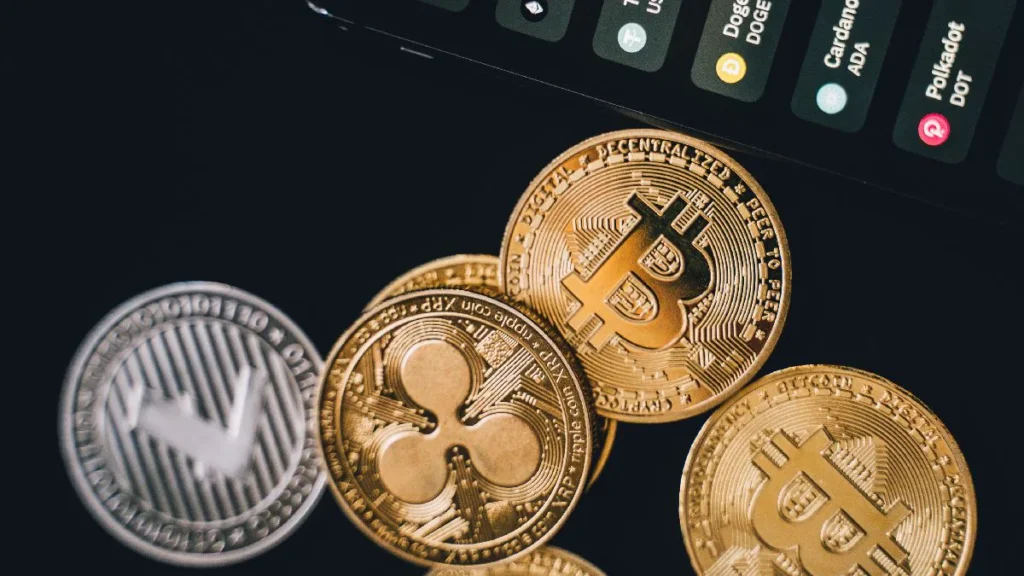Decentralized Exchanges (DEXs) Depend on Liquidity Pools for Stability and Rapid Transactions
The decentralized finance (DeFi) sector is revolutionizing the way financial transactions are conducted by removing intermediaries such as central banks and brokers. This shift primarily focuses on providing crypto-based services that empower users with more control over their finances. A crucial element in ensuring the functionality and efficiency of DeFi protocols is the concept of liquidity pools. These pools are essential for enabling users to quickly convert assets into cash, thereby facilitating smooth transaction processes and maintaining the overall integrity of crypto-driven systems.
Understanding the Formation of Liquidity Pools
Liquidity pools can be likened to reservoirs of cryptocurrencies that are locked within blockchain-based smart contracts. These pools are created when participants—known as liquidity providers (LPs)—deposit their crypto tokens into the smart contracts. By pooling their assets with those of other contributors, LPs enable the DeFi protocol to function effectively. To participate, liquidity providers must typically deposit pairs of tokens in equal values. In return for their contributions, they receive LP tokens or LP NFTs, which represent their share of the liquidity pool and can be used to redeem their original investment plus any accrued rewards.
How Liquidity Pools Facilitate Transactions
One of the primary benefits of liquidity pools is their ability to facilitate transactions directly. Investors using a DeFi protocol can seamlessly exchange their tokens for fiat currencies or other cryptocurrencies through the liquidity pool associated with that protocol. This direct access to liquidity allows users to make trades without relying on centralized exchanges, which can be slow and cumbersome. By connecting buyers and sellers directly, liquidity pools enhance the efficiency of the trading process, often resulting in lower transaction costs and faster execution times.
The Role of Automated Market Makers (AMMs)
At the heart of many DeFi protocols are automated market makers (AMMs), which utilize liquidity pools to create a decentralized trading environment. AMMs algorithmically determine asset prices based on the ratio of tokens in the liquidity pool, allowing users to trade without the need for traditional order books. This innovative approach not only increases liquidity but also democratizes trading by allowing anyone to provide liquidity and earn rewards. As a result, AMMs have become a cornerstone of the DeFi landscape, enabling a new level of accessibility for traders and investors alike.
Incentivizing Liquidity Provision
To attract liquidity providers, DeFi protocols often implement incentive mechanisms. These can include transaction fees, yield farming opportunities, and governance tokens. When users trade through a liquidity pool, a portion of the transaction fees is distributed to the LPs based on their share of the pool. Additionally, some protocols allow liquidity providers to stake their LP tokens in yield farming programs, offering them the chance to earn even greater rewards. This multifaceted incentive structure encourages participation and helps maintain healthy liquidity levels, which are vital for the overall stability of the DeFi ecosystem.
Risks Associated with Liquidity Pools
While liquidity pools provide numerous advantages, they are not without risks. Impermanent loss is a common concern for liquidity providers, as fluctuations in token prices can lead to reduced value compared to simply holding the assets. Additionally, smart contract vulnerabilities can expose liquidity pools to hacks or exploits, potentially leading to significant financial losses. As the DeFi space continues to grow and evolve, it is essential for investors to conduct thorough research and understand the inherent risks associated with providing liquidity.
Conclusion: The Future of DeFi and Liquidity Pools
In summary, liquidity pools play a vital role in the decentralized finance sector by enhancing transaction efficiency and enabling users to trade without intermediaries. As the DeFi landscape continues to expand, the significance of liquidity pools and their associated mechanisms will only increase. By providing accessible and efficient solutions for trading and asset management, liquidity pools are paving the way for a more inclusive and decentralized financial future. However, as with any investment, understanding the risks and rewards will be crucial for participants looking to navigate this innovative financial ecosystem.



















